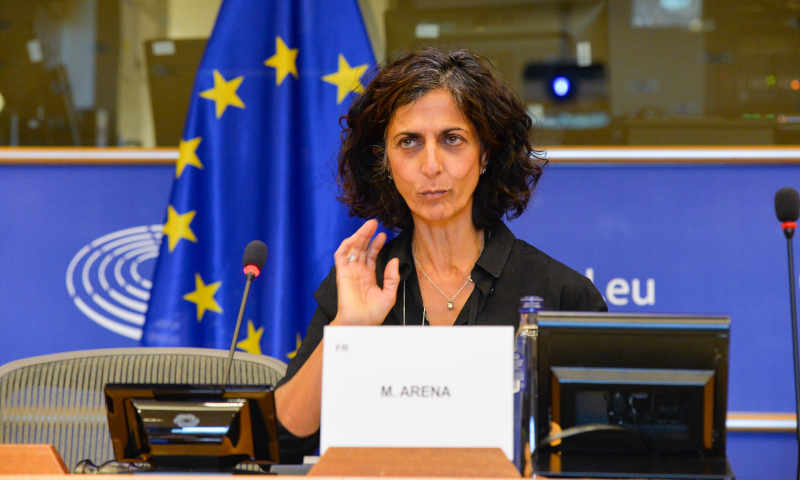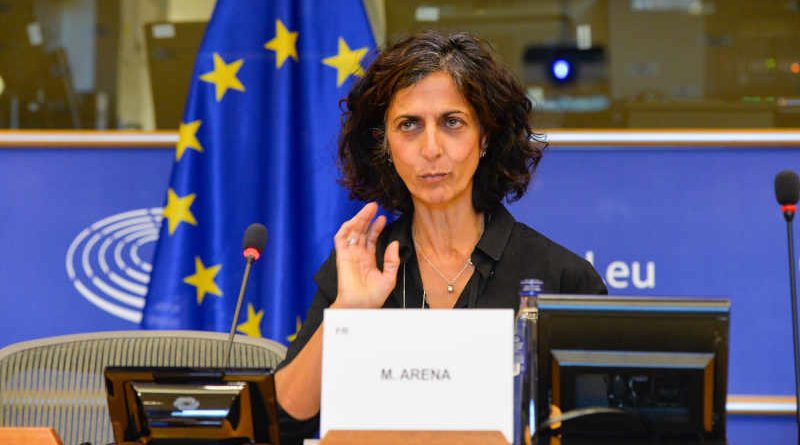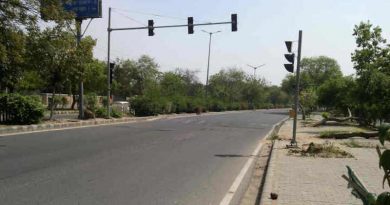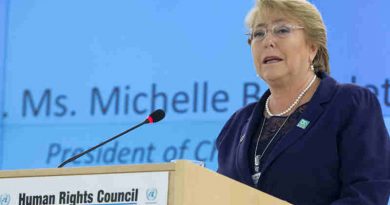Europe Continues to Condemn Human Rights Abuses in China

Since Europe eyes a big market in India, the European leaders ignore the human rights violations in India.
By Rakesh Raman
Leading Members of the European Parliament (MEPs) have reiterated their position to condemn the human rights violations in China. The MEPs said in a statement issued on March 24 that they are not perturbed by the reaction from the Chinese authorities to sanction the Subcommittee on Human Rights and other European entities and officials.
The European Union (EU) had imposed sanctions on Chinese individuals and an entity on March 22, citing human rights issues in Xinjiang. In response, China had decided to sanction 10 individuals and four entities on the EU side, saying that they severely harm China’s sovereignty and interests and maliciously spread lies and disinformation.
“We take note of the decision by the Chinese authorities to impose sanctions in retaliation to the Council’s decision of March 22 to impose sanctions on four Chinese officials and one entity,” MEPs said.
They added that the Subcommittee on Human Rights has a duty to monitor the human rights situation across the world and to promote and protect these rights in accordance with the values and objectives on which the European Union is founded, namely, the principle of universality of human rights.
“We believe that China’s measures aim to undermine our work,” MEPs said. “We wish to express our solidarity with other parliamentarians, European universities, think tanks and academics who have also been targeted by these sanctions.”
Regarding the situation in China, the MEPs reiterated their serious concerns about the abuses in the country, in particular the persecution of the Uighur minority in the province of Xinjiang, and the repression of all dissenting and opposition voices.
“We firmly condemn these acts and the Chinese government’s recent attempts to interfere in the democratic life of our nations and our European Union,” MEPs said. “As elected Members of the European Parliament, we will continue to actively denounce human rights violations and breaches of international law, and to urge the EU to keep the respect of human rights at the core of all its external policies.”
The statement was co-signed by David McAllister (EPP, Germany), Chair of the European Parliament’s Foreign Affairs Committee; Maria Arena (S&D, Belgium), Chair of the European Parliament’s Subcommittee on Human Rights; Raphaël Glucksmann (S&D, France), Chair of the Special Committee on Foreign Interference in all Democratic Processes in the European Union, including Disinformation; and Reinhard Bütikofer (The Greens/EFA, Germany), Chair of the European Parliament’s delegation for relations with the People’s Republic of China.
Human Rights Situation in India
Earlier, Maria Arena had expressed deep concern over the deteriorating law and order situation in India under the government headed by Prime Minister (PM) Narendra Modi.
“It is with great concern that I have been observing the rule of law deteriorate in India, which is the very cornerstone of our special relationship,” Ms Maria Arena said in an official statement on October 5.
She added that the marginalized communities, religious minorities, particularly Muslims, a vocal and vibrant civil society and critics of government policies have been under increasing pressure for a long time.
Her statement as a member of the European Parliament listed a number of cases in which the Modi government is committing grave atrocities and human rights violations on the Indian citizens.
But the European Parliament did not impose any sanctions on the authoritarian Indian leaders or entities. It shows the duplicity of world leaders who put their commercial interests before the human interests. Since Europe eyes a big market in India, the European leaders ignore the human rights violations in India.
However, they fail to understand that India is so poor that there is hardly any market in India. In order to evade sanctions or other punitive actions, the Modi government squanders public money to import useless products from Europe and the U.S. while more than 800 million people in India’s population of 1.4 billion cannot afford even two square meals a day.
By Rakesh Raman, who is a national award-winning journalist and social activist. He is the founder of a humanitarian organization RMN Foundation which is working in diverse areas to help the disadvantaged and distressed people in the society.





![Police remove Communist Party of India (Marxist) workers protesting against the Agnipath scheme in New Delhi on June 19, 2022. Photo: CPI (M) [ Representational Image ]](https://www.ramanmedianetwork.com/wp-content/uploads/2022/06/cpimdel-390x205.jpeg)
